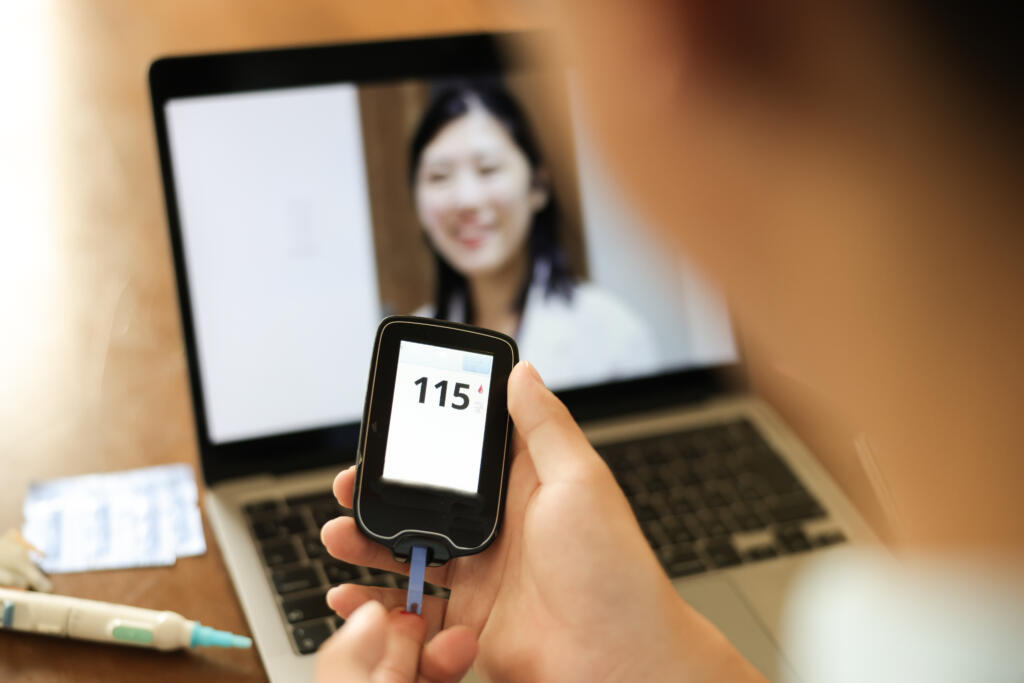
Pregnancy Guide
Helpful resources for every step of your pregnancy journey.
There are many reasons why managing type 1 diabetes (T1D) at work can be challenging. Common misconceptions, stereotypes, or assumptions about the condition can lead to being treated unfairly. In some circumstances, how you’re treated in the workplace because of diabetes is actually illegal.
Here’s what you need to know about your workplace rights as a person with T1D.

In 2008, diabetes was officially declared a disability, which means it comes with legal protections under the Americans with Disabilities Act (ADA). This requires employers to treat employees with a disability fairly and equally to coworkers. It also means you have very specific rights when it comes to managing T1D throughout your workday.
Unless your T1D could have safety implications for your colleagues or customers, like operating public transportation or flying an airplane, you are not required to disclose your medical information to your employer. If you choose to keep your T1D private, you might consider sharing it with one trusted colleague for the sake of your safety. If you are experiencing severe low blood sugar in the office, having one coworker in the building who understands what might be happening could be lifesaving.
You might decide to disclose your T1D after you’ve secured the job—and you have every right to do that. While T1D shouldn’t affect how a potential employer views your capabilities, the stereotypes and misconceptions are sometimes unavoidable. Read the room. Does this potential employer seem like someone who understands that you are just as capable despite living with T1D or will you need to educate them?
The ADA ensures that you have rights in the workplace to manage T1D as needed. Your employer is legally required to accommodate your needs. You are legally entitled to take breaks to check your blood sugar, eat food when necessary, use diabetes technology, and manage your insulin doses.
Discrimination at work can be subtle or blatant. In the workplace, it’s often the result of your employer or coworker’s ignorance. For example, your coworkers may think you’re getting special treatment with an extra snack break. Your employer may be concerned about your productivity while managing T1D. Your employer is legally required to support your needs as a person with a disability. If you believe you’re being discriminated against, visit the Equal Employment Opportunity Commission for further support.
There is certainly a stigma that comes with the word “disability,” but that label is intended to protect you. You don’t have to broadcast it, but you should lean on it when you need to protect your rights at work.
While we all know people with T1D can do and achieve anything, some career paths may be more challenging than others.
For example, a physically demanding job increases your risk of hypoglycemia, which increases the intensity of your diabetes management on the job. Some careers can require you to put all your needs aside for extended periods—like being a police officer or a healthcare provider in the emergency room. If you have neuropathy in your feet, a job that requires standing for long hours is probably not a great fit. Even bartending in a fast-paced restaurant could be challenging to manage with T1D.
Think about these types of challenges as you pursue your career and employment.

Helpful resources for every step of your pregnancy journey.

Resources to help you manage the stress and emotions of living with T1D.

Tips to help you work out safely with T1D.